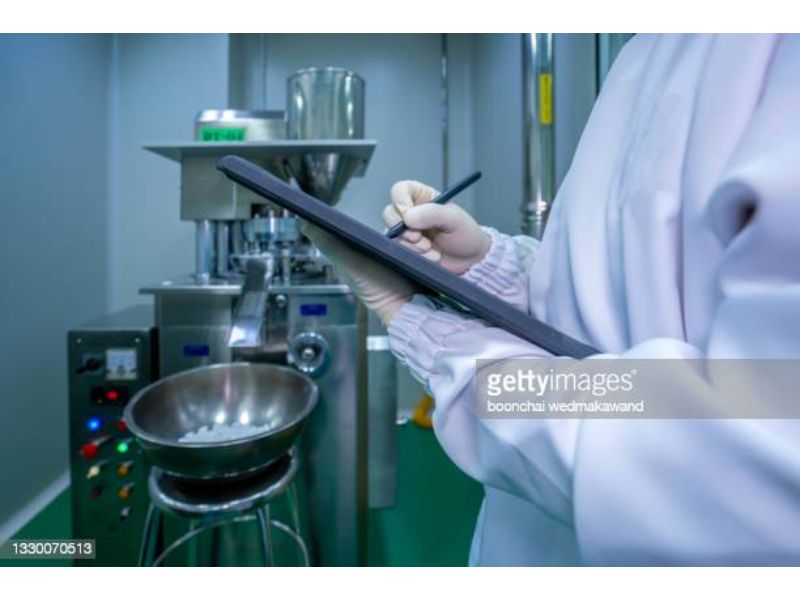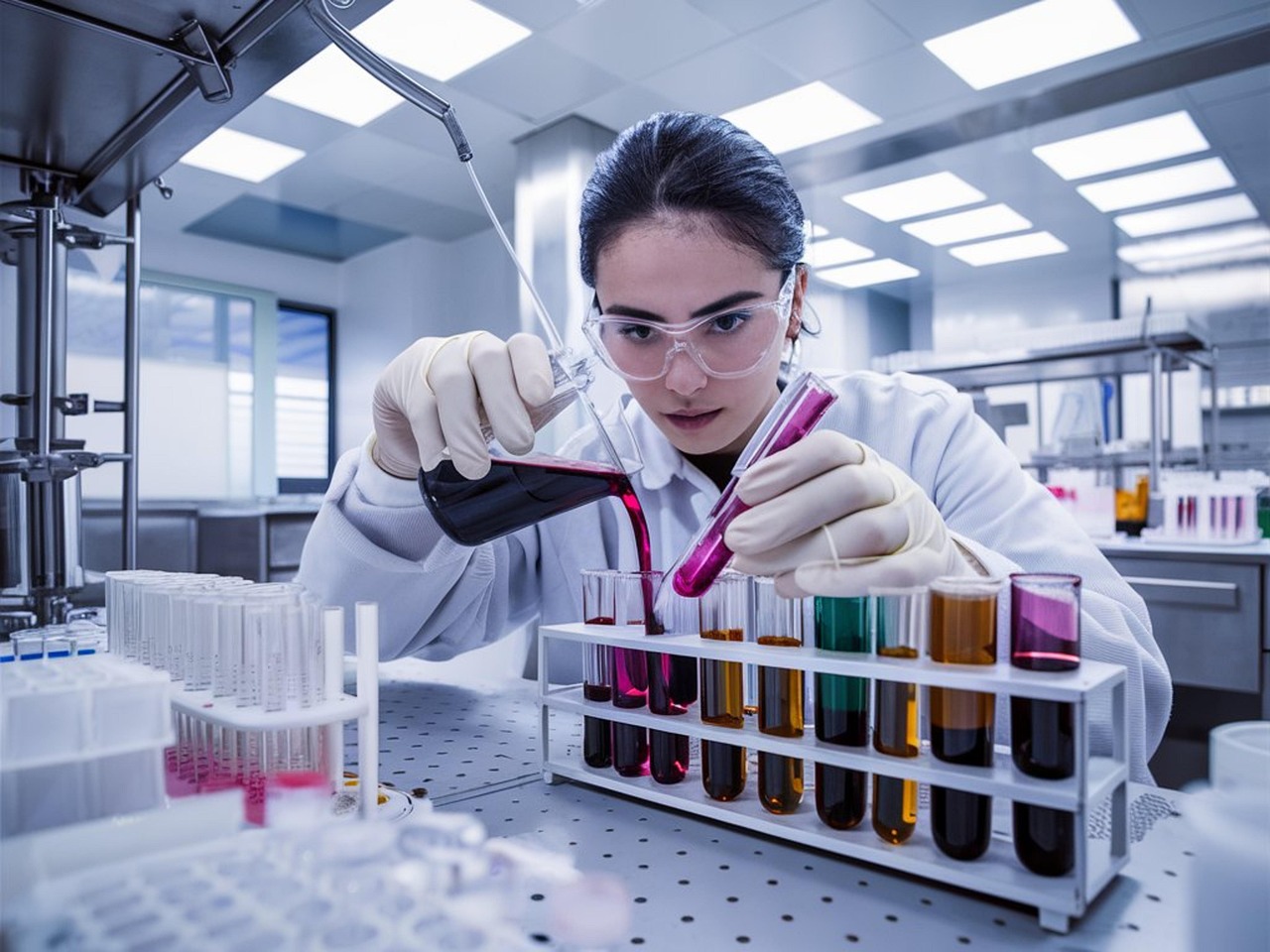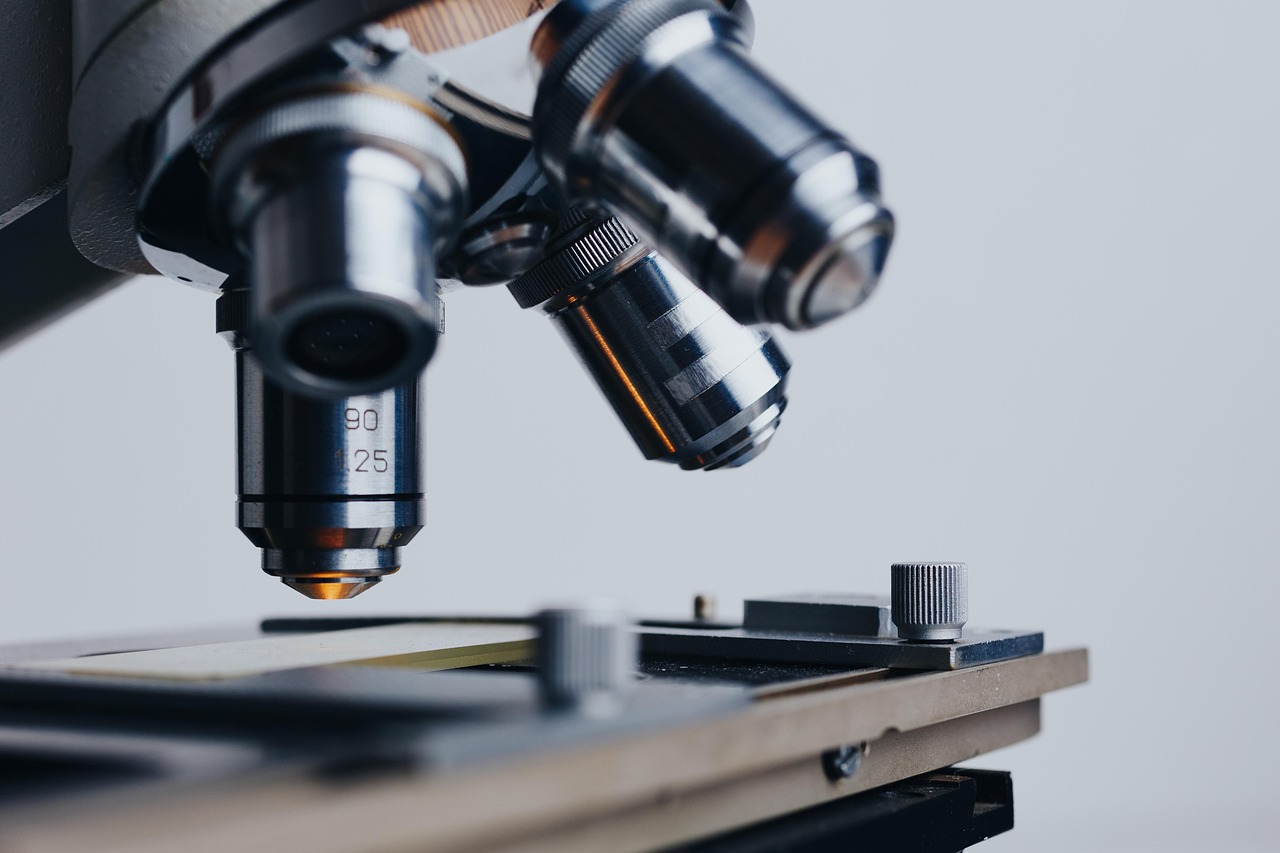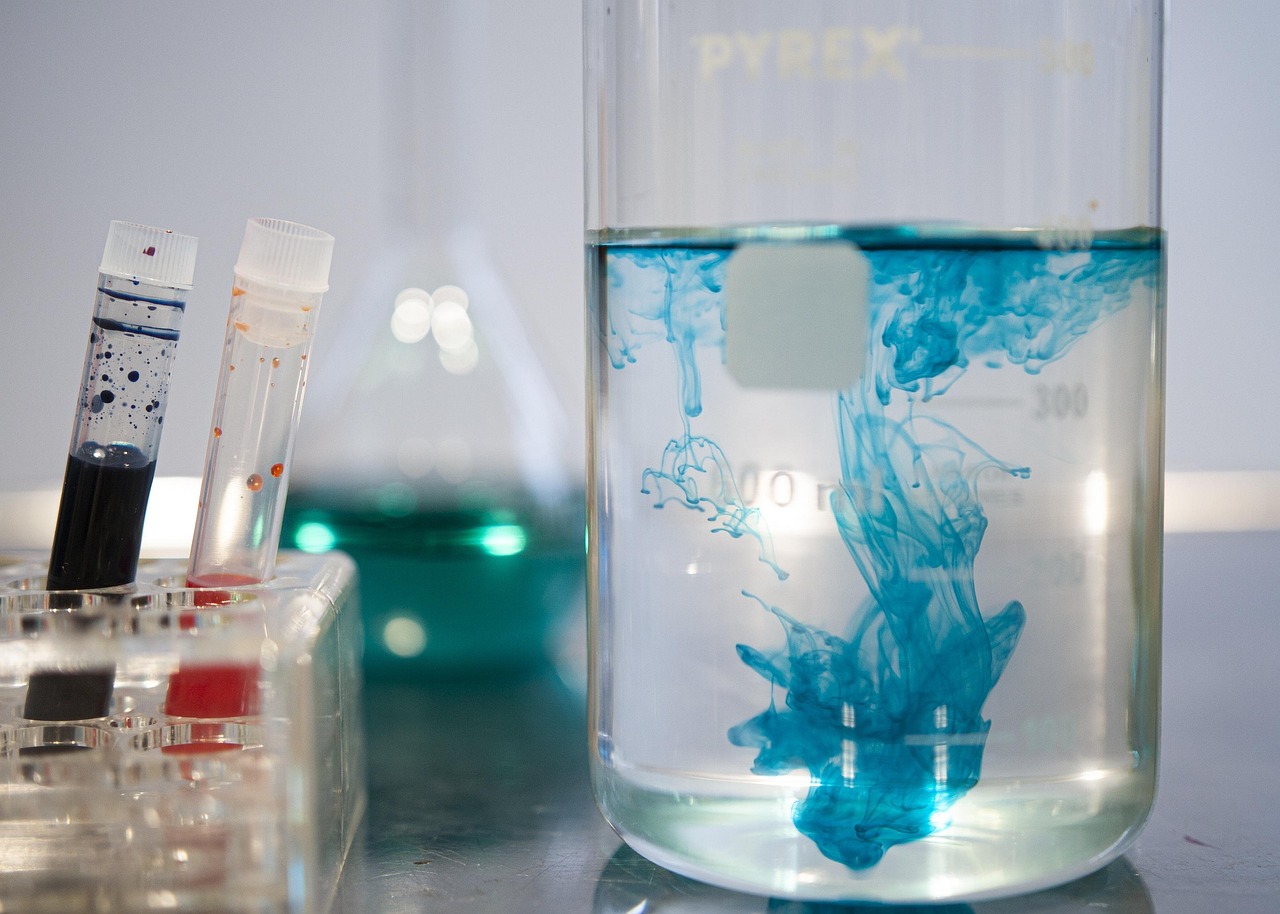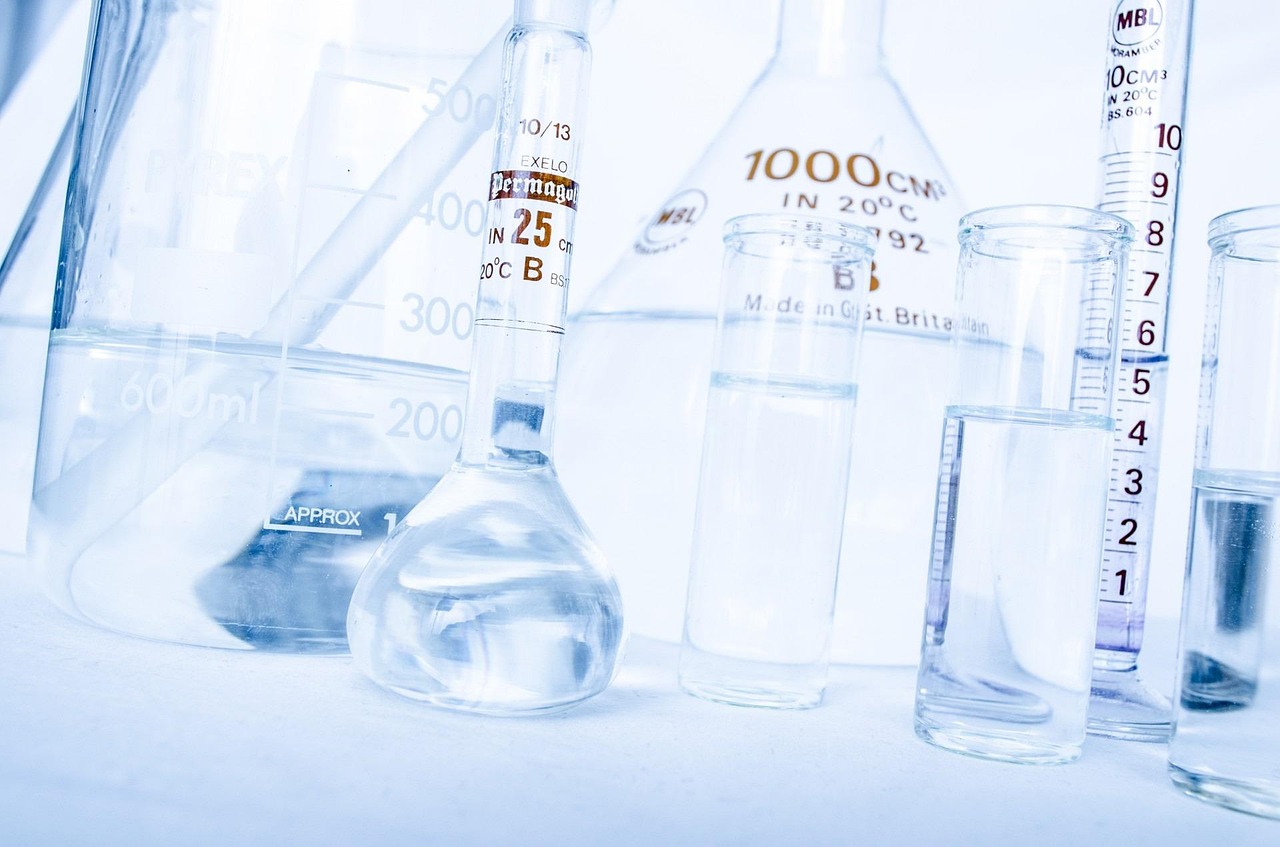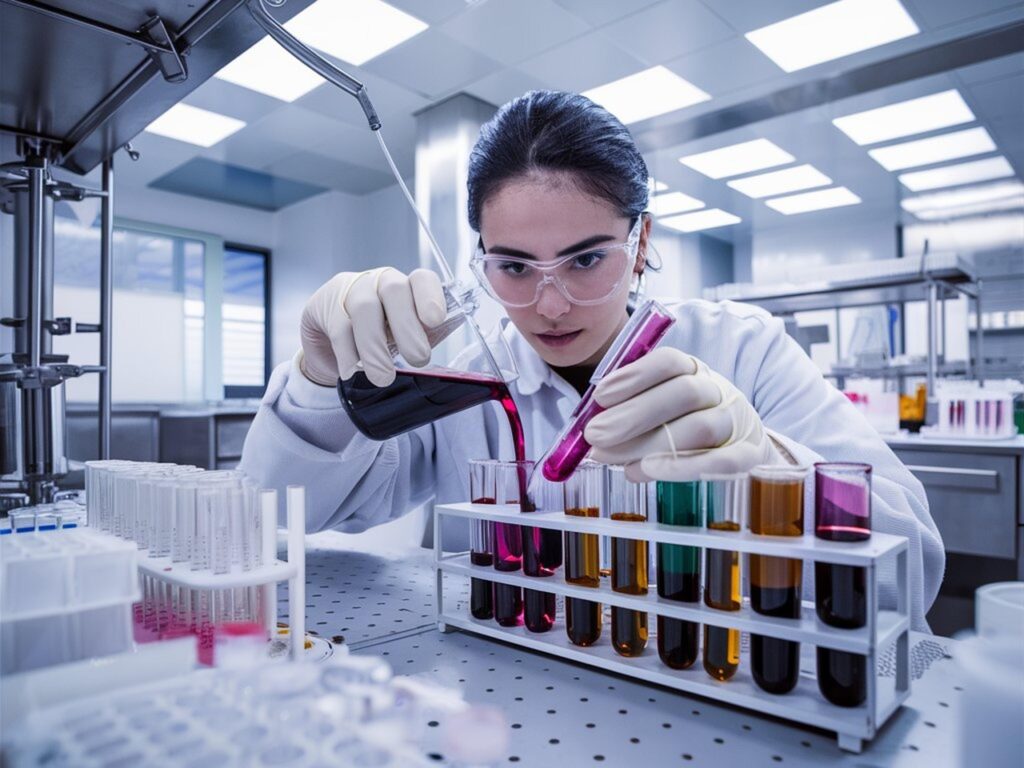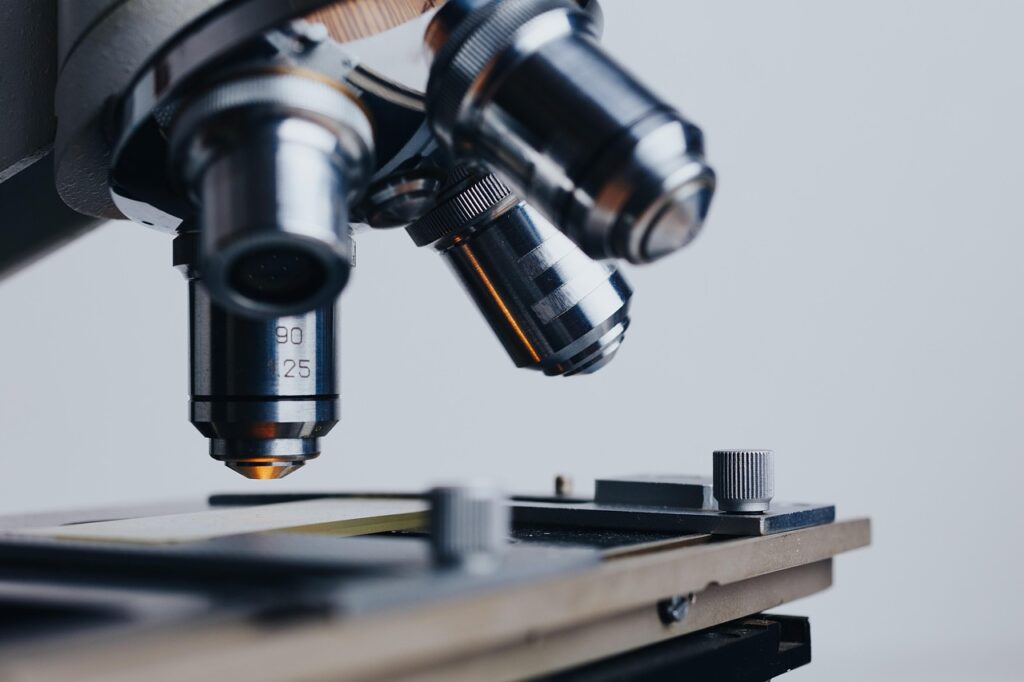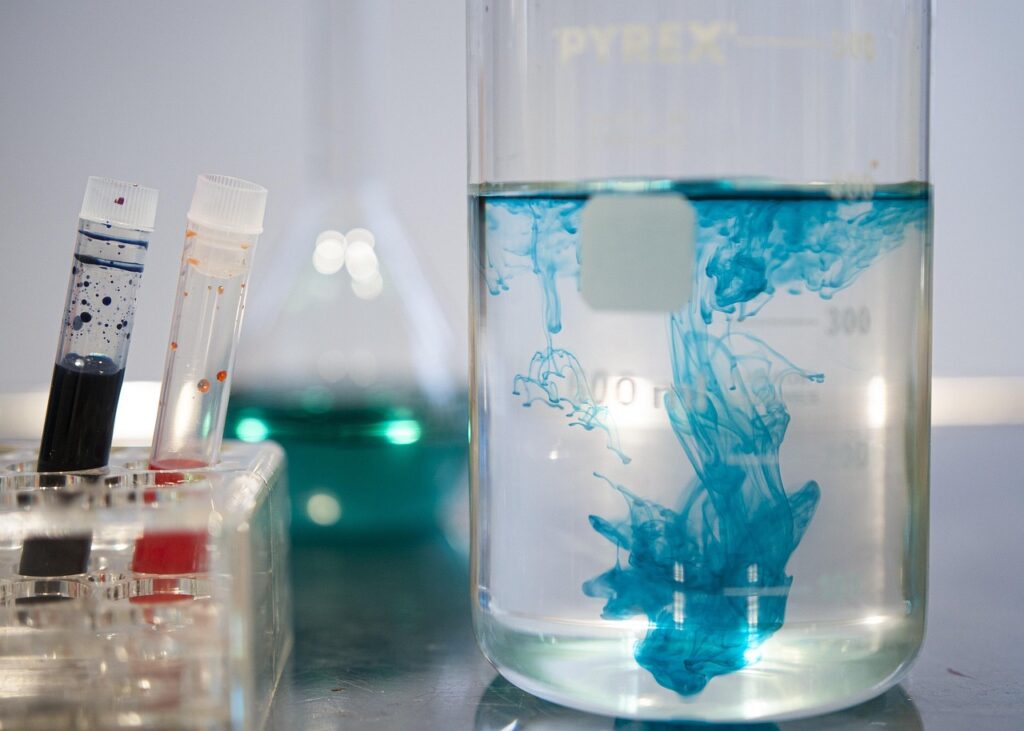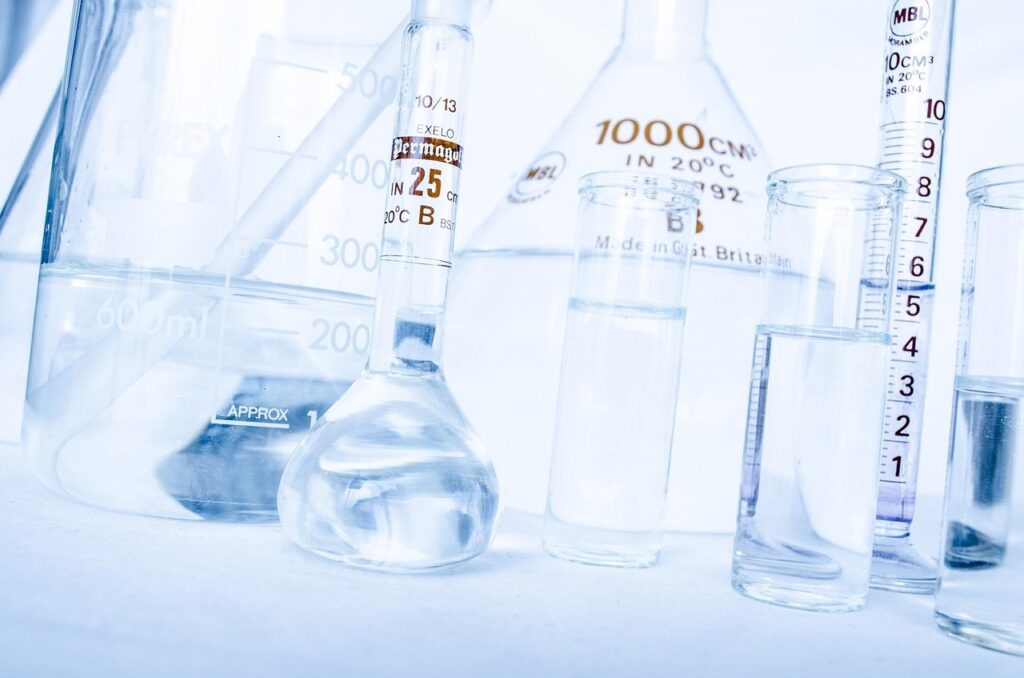When it comes to food production, quality and safety are non-negotiable. Ensuring that the food you manufacture or distribute meets the highest standards is not just a legal requirement; it’s a moral obligation to your consumers. This is where a food quality testing laboratory play a pivotal role.
But with so many options available, how do you choose the right one for your business?
In this guide, we’ll walk you through the essential steps to help you select the perfect food quality testing laboratory.
Understanding Your Specific Needs
Before embarking on the journey to find the ideal food quality testing laboratory, it’s crucial to understand your specific needs. The type of food you produce, the regulatory requirements, and your desired testing frequency will all play a significant role in your decision-making process.
Accreditation and Certification
The first thing to look for in a food quality testing laboratory is accreditation and certification. Ensure the lab complies with international standards, such as ISO/IEC 17025. In the realm of food quality testing, the gold standard is ISO/IEC 17025. This accreditation guarantees that the lab maintains a high level of quality, competence, and consistency in its testing processes.
ISO/IEC 17025 accreditation encompasses a thorough evaluation of the lab’s quality management system, technical competence, and staff expertise. It covers aspects such as:
Equipment Calibration
Ensures that lab equipment is regularly calibrated, maintaining precision and accuracy in testing.
Method Validation
Requires validation of testing methods to guarantee their reliability.
Staff Training
Mandates that laboratory personnel are adequately trained, competent, and capable of conducting tests accurately.
Traceability
Demands traceability of measurement and calibration results to national or international standards, ensuring the consistency of test results.
Quality Control
Establishes a framework for implementing quality control procedures to monitor and maintain the reliability of tests.
While you are here, you can check our Accreditations for better trusting of our services.
Expertise and Experience
Experience is an invaluable asset in the field of food quality testing. Look for a food quality testing laboratory with a proven track record in your specific area of food production. Experienced labs are more likely to anticipate challenges and provide tailored solutions.
Testing Methods and Equipment
Different food products require different testing methods and equipment. Ensure that the lab you choose has the necessary equipment and expertise to conduct the tests relevant to your products. Whether it’s microbiological testing, allergen testing, or nutritional analysis, they should have the tools and know-how.
Also check out our blog on Exploring Techniques Used in Food Testing Labs in India
Turnaround Time
In the food industry, time is often of the essence. Inquire about the lab’s turnaround time for test results. Efficient labs can help you maintain a streamlined production process and respond quickly to any issues that arise.
Sample Handling and Transportation
Consider how samples will be handled and transported to the lab. A lab that provides clear instructions for sample collection and offers secure transportation options can save you time and reduce the risk of sample contamination.
Pricing and Cost Transparency
Obtain detailed pricing information upfront. Transparency in pricing is essential to avoid unexpected costs. While it’s tempting to choose the cheapest option, prioritize labs that offer a balance between affordability and quality.
Customer Support and Communication
Effective communication is key to a successful partnership with a testing lab. Choose a lab that is responsive to your queries, provides clear reports, and is willing to discuss results with you. Good customer support can make a significant difference in your experience.
Location and Accessibility
Consider the location of the lab in relation to your facility. Proximity can reduce transportation costs and ensure quicker turnaround times. However, don’t compromise on quality for convenience.
References and Reviews
Don’t hesitate to ask for references or look for online reviews and testimonials. Hearing about the experiences of other businesses can provide valuable insights into the lab’s reliability and professionalism.
Conclusion
Choosing the right food quality testing laboratory is a critical decision for any food-related business. By understanding your specific needs, assessing accreditation, experience, equipment, and other factors, you can make an informed choice that ensures the safety and quality of your products. Remember, investing in the right testing lab is an investment in the trust and satisfaction of your customers, which can ultimately lead to long-term success in the food industry.

